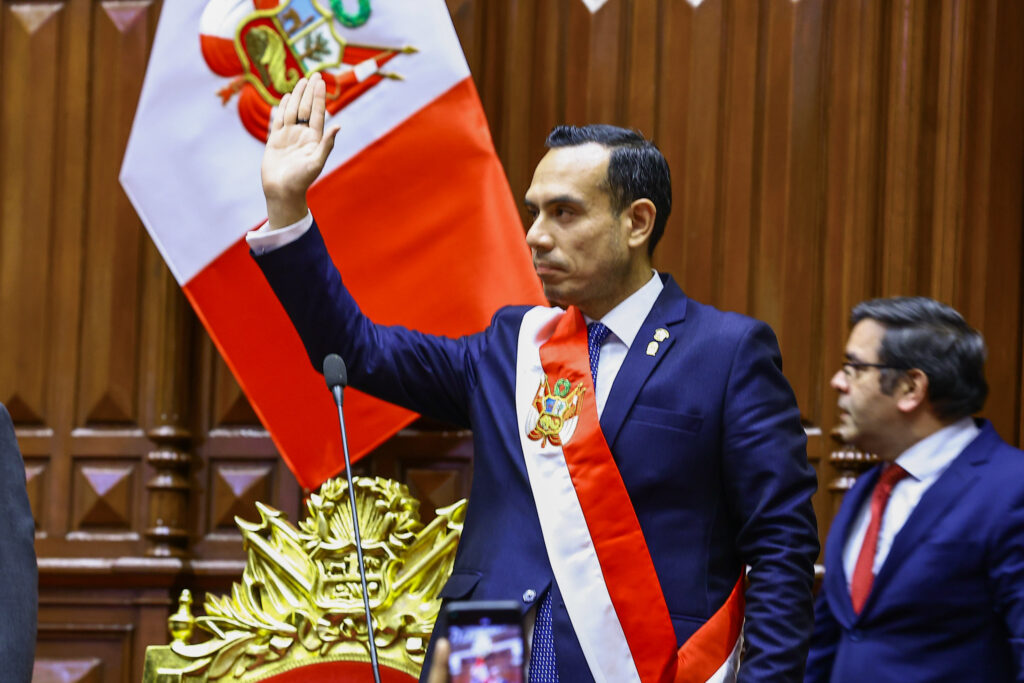Why should brand reputation management be an ongoing effort?
|
Getting your Trinity Audio player ready...
|
Where is Frisby from? In Colombia, that question is hardly ever asked, because for years it has been one of the country’s most recognised brands. “Nadie lo hace como Frisby lo hace,” the jingle that defines it, is a very well-executed reputation management strategy that has become ingrained in the Colombian collective imagination.
Frisby’s significance is such that, in its 38 years, it has impacted several generations — to the point of uniting the country in defence of the brand when, recently, a foreign competitor published doubts about Frisby’s origins, attempting to cast uncertainty on its Colombian identity.
This provocation sparked an immediate mobilisation of loyal consumers and other Colombian companies who came out in defence of Frisby. Competitors and brands from various sectors began using Frisby’s corporate colours to post supportive messages on social media, adopting the figure of “aPollo” — a pun combining “apoyo” (support) and “pollo” (chicken), reinforcing the brand’s cultural identity and national solidarity.
This episode highlighted how Frisby’s intelligent reputation management built a strong bond with the public and the market, capable not only of withstanding crises but even emerging stronger from them.
Such behaviour is certainly uncommon. After all, competition is usually fierce. But Frisby is a respected brand, with a history admired throughout the country — a result of its marketing and public relations strategies.
The benefits of brand reputation management
Reputation is a company’s greatest asset. Earning it requires significant effort and involves positioning strategies, quality products, added value, and effective public relations management. These are processes that take years to build, yet can be destroyed in minutes.
Developing reputation is a delicate and vulnerable art, but one that can be well managed when good practices are applied:
- Understanding the environment: Latin American jurisdictions are unique. Socioeconomic diversity, political instability, and a plurality of beliefs make the market challenging. A deep understanding of this context is crucial to define concrete actions that help build a strong reputation.
- Adaptability: The world is evolving faster than ever, with no signs of slowing down in the near future. Staying up to date with communication and marketing trends is a key advantage for sustainable reputation management over time.
- Effective communication: Engagement goes beyond internal operations. Companies must interact with their target audience and other stakeholders, not only to share updates but also to create commercial synergies. Using the right channels, with the right people and the right message, is essential to build a solid reputation.
- Proactivity and planned response: During stable times, it is important to prepare defences. Reputation is strengthened by actions that position the brand positively in the collective imagination, creating a solid foundation for crisis management. When a crisis hits, having a clear action manual — with step-by-step tasks — is vital to resolve issues and protect the company’s reputation.
Reputation is not something that comes from nowhere, nor can it be bought or inherited — it is built. That is why it is crucial to nurture a good name from the company’s inception, taking into account ethics, innovation, quality, financial management, social responsibility, and, of course, communication.
As the Colombian writer Gabriel García Márquez said, “What isn’t communicated, doesn’t exist.” Companies, besides pursuing their goals, need to share their milestones, success stories, achievements, and even their difficulties — so it’s not enough just to appear or raise your voice; it must be done clearly and effectively.
At Sherlock Communications, we work daily with companies to build solid reputations, where strategic communication is the foundation of every corporate step. The Frisby case not only united us as Colombians but also shows how a strong reputation is essential for companies to remain resilient over time.





